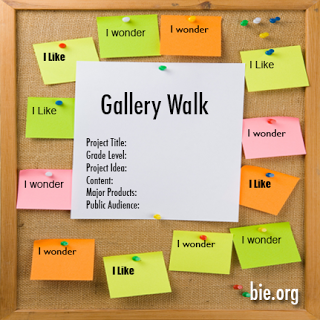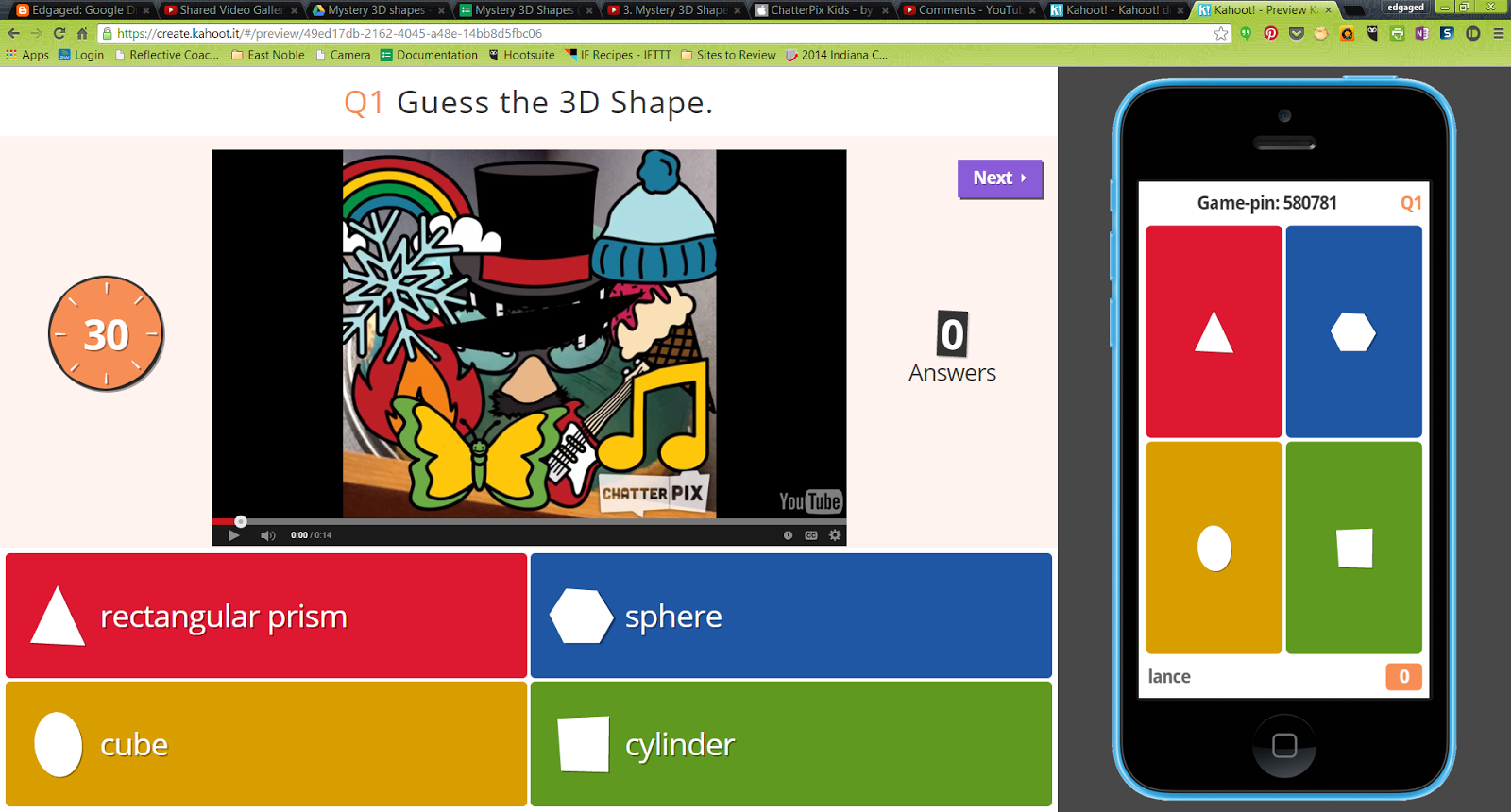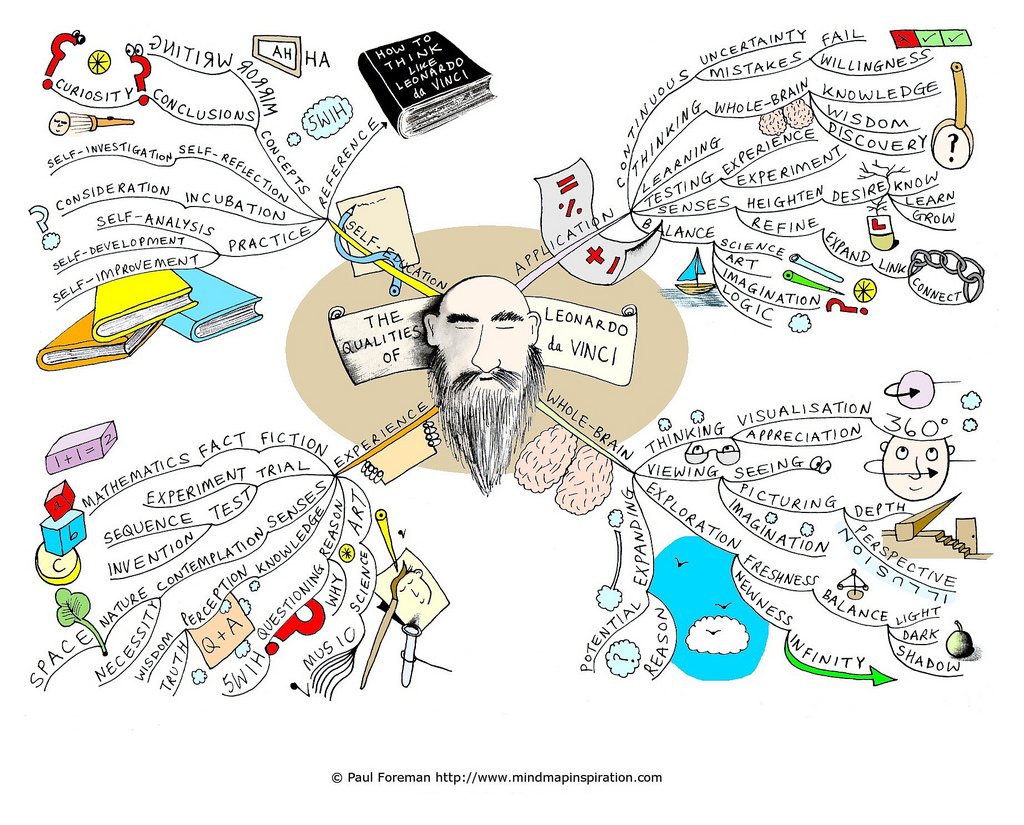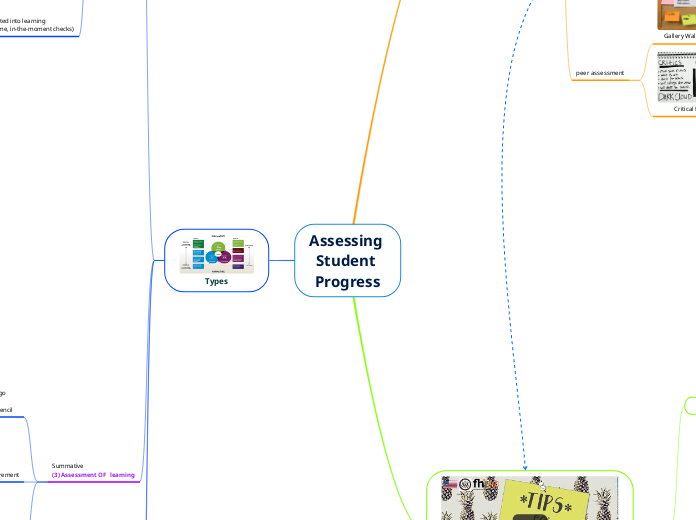Assessing Student Progress
Fixes for grading
Grading for Growth
Going gradeless
SE2R Narrative Feedback Model
(Summarize, Explain, Redirect and request resubmission)
assessments are submitted in parent portal but directly used for grading
decided at end-of-year 1:1 conference
allow students to make go back, correct/resubmit
through effort, earn higher scores
from "what's my grade?"
to "What can I do better?"
motivate avoidant-oriented and
success-oriented students

Student self-assessment/awareness drives effort to learn
clear rubrics = set expectations/self-track progress
have students practice using rubric on example work
peer assessment

Gallery Walks protocol

Critical friends
Rubrics
Types
Holistic
Quick to grade
less/no actionable feedback
Analytic
Developmental
Single-Point
space to write strengths & weaknesses
no boundaries on student performance
student freedom
not easily quantified
(avoids peer comparison)
Checklist
Content
Simple, Age-appropriate
⭐️/⭐️⭐️/⭐️⭐️⭐️
😕🙂😁
Still Learning/Sometimes/Almost always
Unsatisfactory/Competent
Below Standard/At Standard
"I" language
"Can do" statement
Parallel language
Description must be observable
Teach the rubric
Types
Formative

purpose
(1) Assessment FOR learning
(informs planning of future learning for T and S)
Backward design
(know the learning outcome)
1. Objective: Desired outcome, what students should know, be able to do?
2. Assessment: How will students prove they know? Product to produce?
3. Content: What materials will they need?
student diagnostic
(pre-assessment)
what students already know
gaps in prerequisite learning
start of class/unit surveys
ongoing/actionable feedback as a routine
for teachers to plan lessons,
group students,
differentiate
for students (self-/peer) to recognize what they don't know
(2) Assessment AS learning
(students as own assessors)
self-assessment

Exam Wrapper
Post-exam meta-cognitive assessments
Thinking strategy:
Think, Puzzle, Explore: What Qs do you have about this topic?
Connect, Extend, Question: Wha new Qs have emerged?
require students ask Qs about own learning
integrated into learning
(real-time, in-the-moment checks)
impromptu quizzes

class polls/anonymous voting

visual what they learned
entry/exit tickets
1-minute papers
3, 2, 1
journal entry
Lesson reflection
portfolio
class discussion
thumbs up, thumbs down
Rating 1-10
personal whiteboard

4 Corners

Carousel Brainstorming
Jigsaw
Examples
3 Dos and 3 Don'ts
Most common misunderstandings
Yes/No Chart (Do/Don't Understand)
3 Questions
Explain key point
Venn Diagram (compare/contrast)
Summative
(3) Assessment OF learning
ways to go beyond paper+pencil
record a podcast
write a play script
reliability of measurement
measurement error
fatigue/alertness on test day
affected by rater judgement (i.e. IRR)
Dealing with cheating
validity
word problems for ELL students
Can a single test assess differentiated classroom/students?
Competency-based learning
(assessing skills mastery)
Ipsative
(2-stage)
focus on making progress
pre-, post-learning
compare students with themselves
